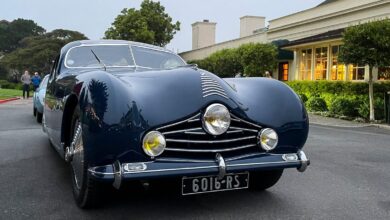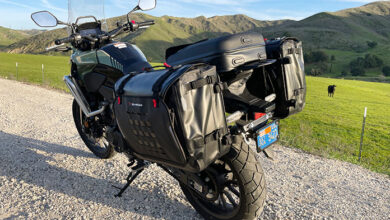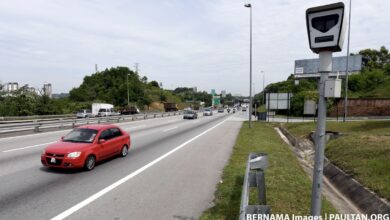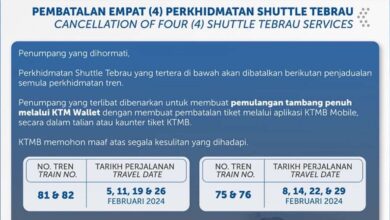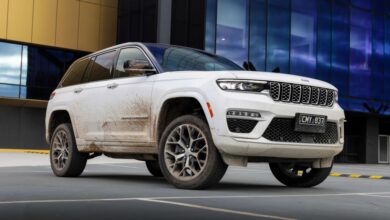2023 BMW R 1250 GS Rallye X Review | Motorcycle Test

2023 BMW R 1250 GS Rallye X Review
You’d have to have been living under a rock to not recognise BMW’s much loved GS series. It’s been arguably the benchmark of the large capacity adventure segment in most conceivable ways for practically ever.
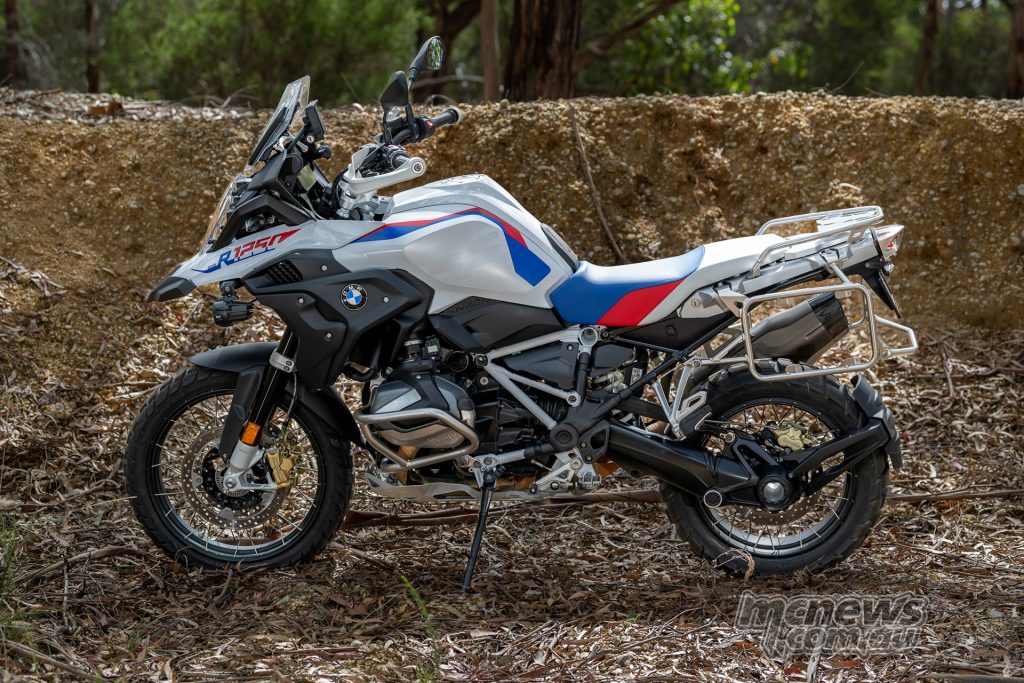
The Bavarians unflinchingly went their own way with the boxer twin configuration over 40 years ago (yes really!), starting with the R 80. And they’ve been refining it and making it better ever since.
If I had a dollar for every time a GS rider told me they were the best bike in the world, I could afford to have a couple in my shed – and after spending a few weeks with the latest and greatest in the form of the R 1250 GS Rallye X, it’s easy to see why they have so many loyal fans.
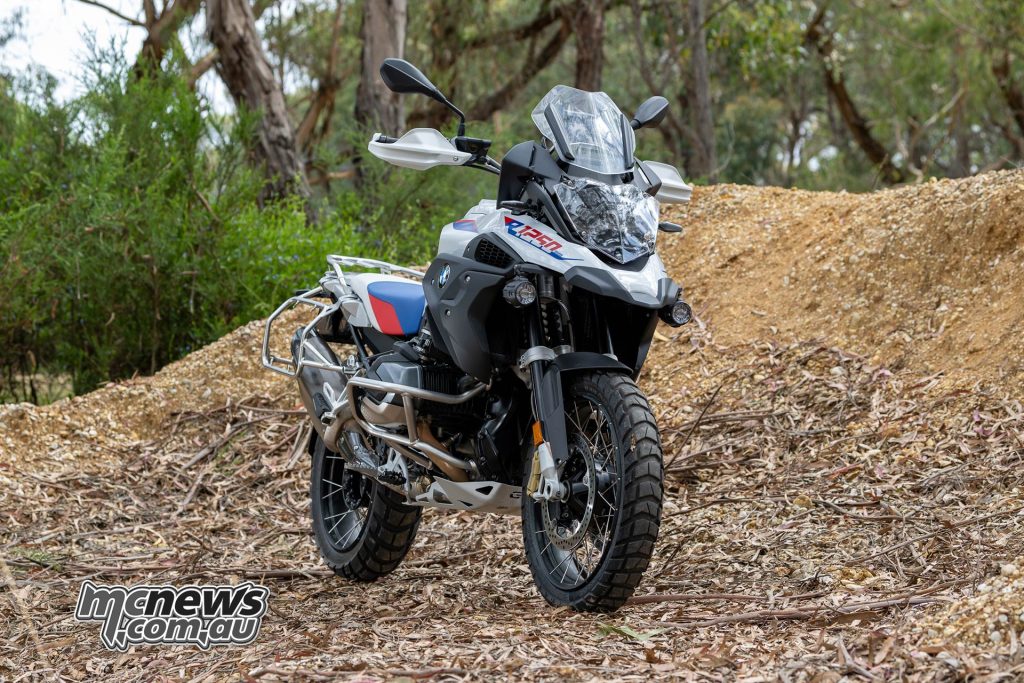
The big question of course, is whether or not the GS is still king of the hill? And why does it have an ‘e’ on the end of Rallye? Well.. Let’s get the easy one outta the way first. In German, ripping skids off-road (a motorsport ‘Rallye’) has a different spelling to the political gathering kind of rally. So that one’s easily explained.
Let’s get into how the big beast stacks up and see if we can work towards an answer to the big question…
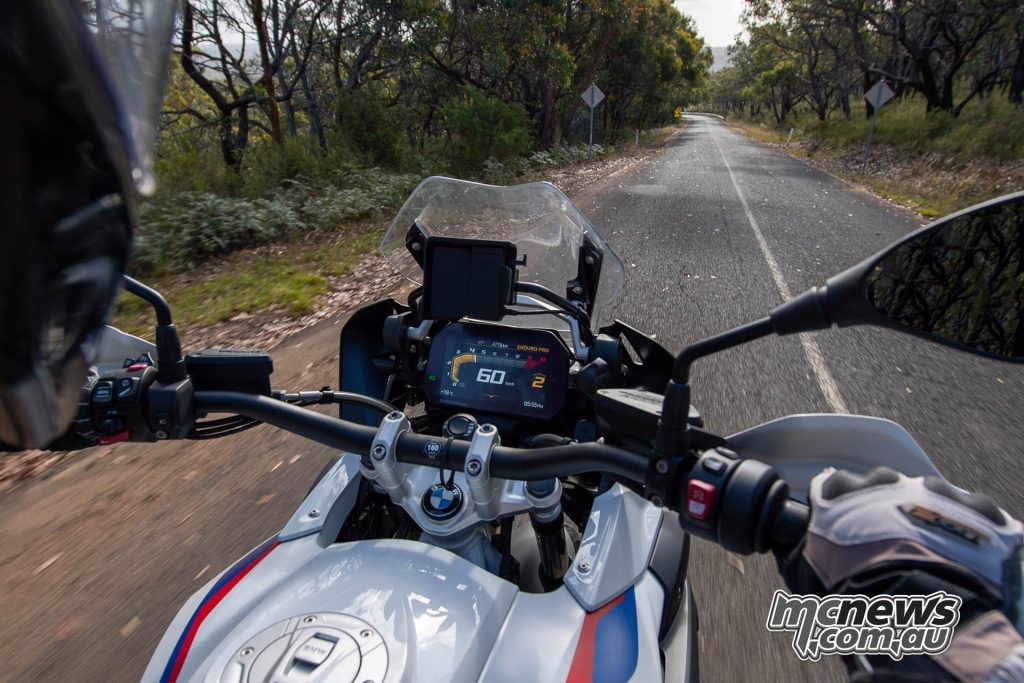
Some quick stats
- That 1254 cc boxer twin is making 100 kW (136 hp and 143 Nm). While that power figure isn’t class leading when compared to the Multistrada V4 or Triumph Tiger, the torque figure bests them both.
- 250 kg wet is right on the money for these big jiggers.
- The 20 L tank is good for 350 km or so depending on how spirited you are with the right wrist.
- 190 mm suspension travel front, 200 mm rear.
- The Rallye version comes with a 19-inch front tyre, 17-inch rear.
- This one comes with a full fruit salad of electrics and accessories fitted as standard including:
- Heated grips
- Crash bars and luggage racks
- Quick shifter
- Tyre pressure monitoring
- Cruise control
- Multi mode electronic suspension
- That lovely Akra muffler
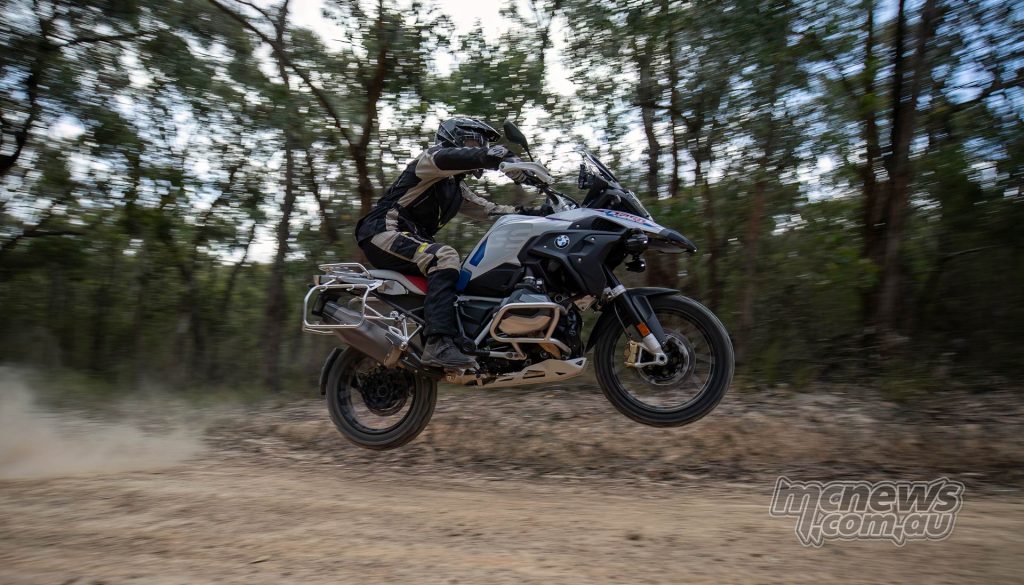
So let’s get straight to the most obvious ‘GS thing’ – which is that big boxer engine. What a cracking bottom end. Just lovely. That class leading torque figure is wonderful. Really nicely fuelled, strong and smooth – just great gobs of usable hump.
It feels like it absolutely will not stall. Ever. Want some trees pulled out? Sure it’s a little more vibey than some other twins, but nothing that will shake your fillings out.
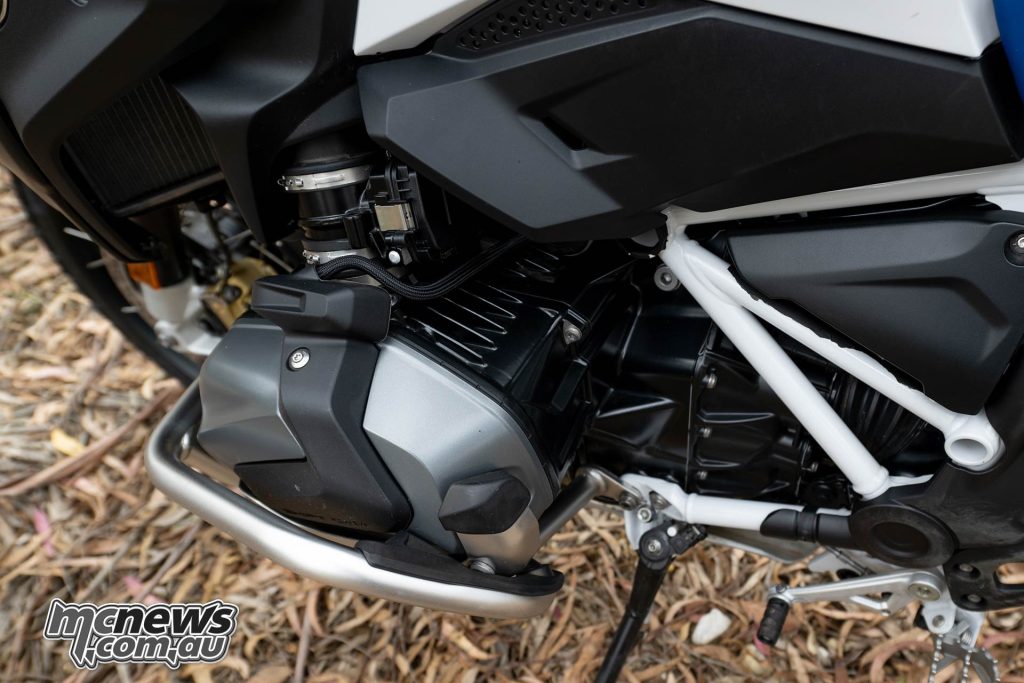
The bottom to mid-range is where it’s at with no need to rev the ringer off the bike. In fact it doesn’t drop below 110 Nm of Torque between 2000 and just over 8000 rpm. And I can confirm it is more than happy to loft the front skyward at a whim… verrrry nice. For navigating obstacles of course. I seem to spot a lot of potential obstacles.
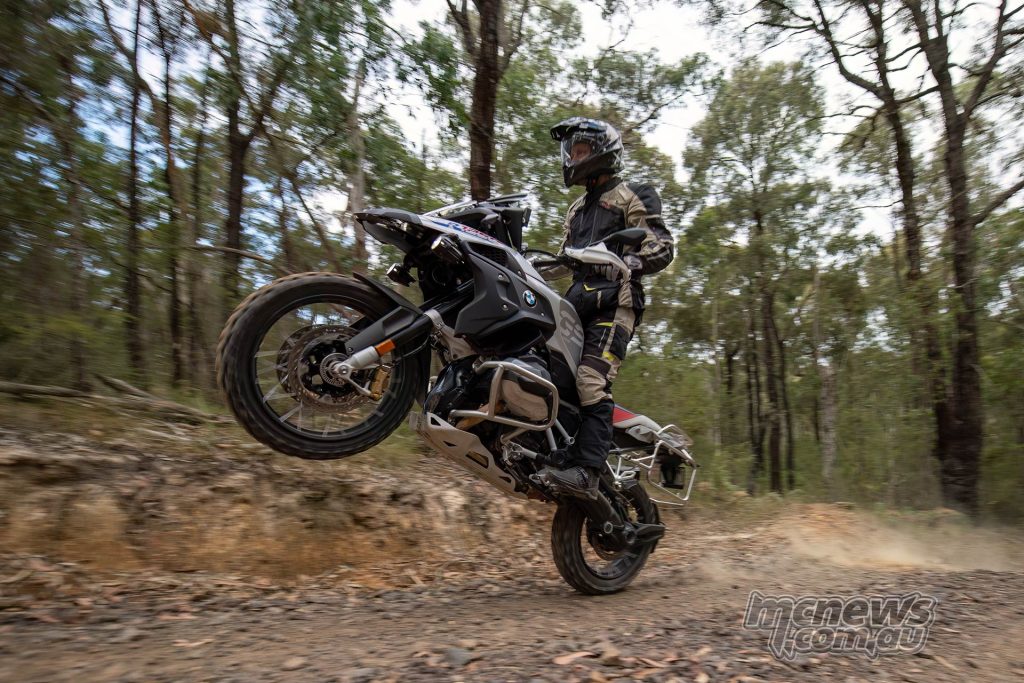
Ratio wise I thought it had quite tall gearing in top gear. At 100 km/h it felt more like an overdrive at times with the engine feeling more ‘in the zone’ in fifth gear quite often. First gear is really nice and low so it’s quite a wide spread of cogs. The word Autobahn comes to mind… Higher speed cruising – no drama. It certainly has the grunt.
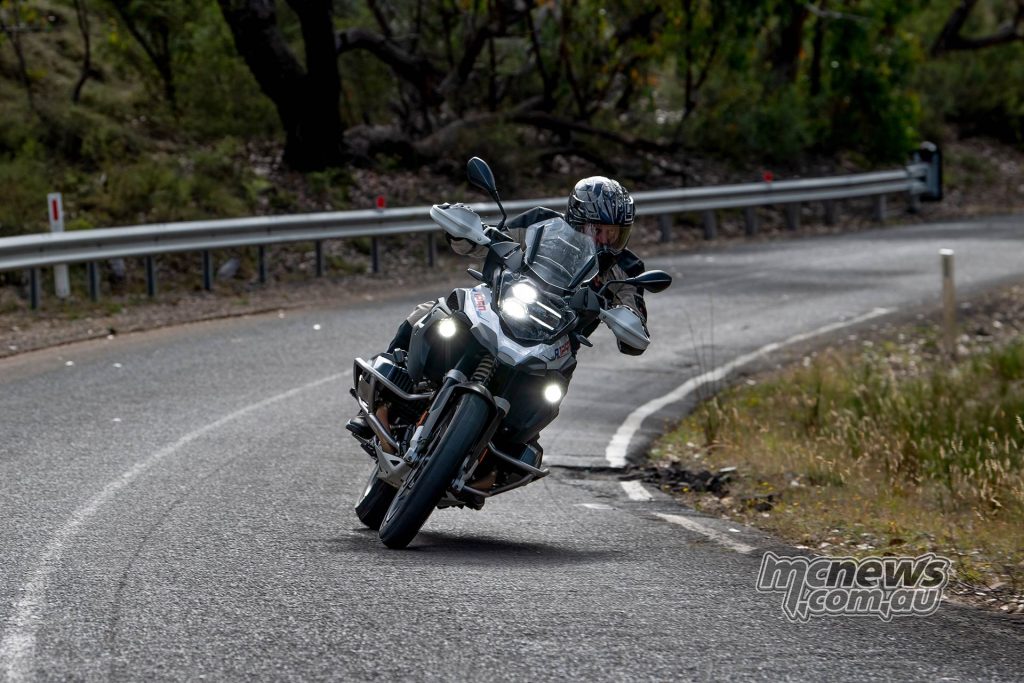
And while I admit to finding it a bit difficult to get too excited about most boxer exhaust notes, that nicely shaped Akrapovic does a pretty decent job of giving the GS some authority. Especially on start-up.
That boxer layout also means that due to the weight distribution, the bike’s low speed balance remains unmatched. It’s superbly manoeuvrable for a big bus. The way the bike will fall into corners has to be experienced to believe.
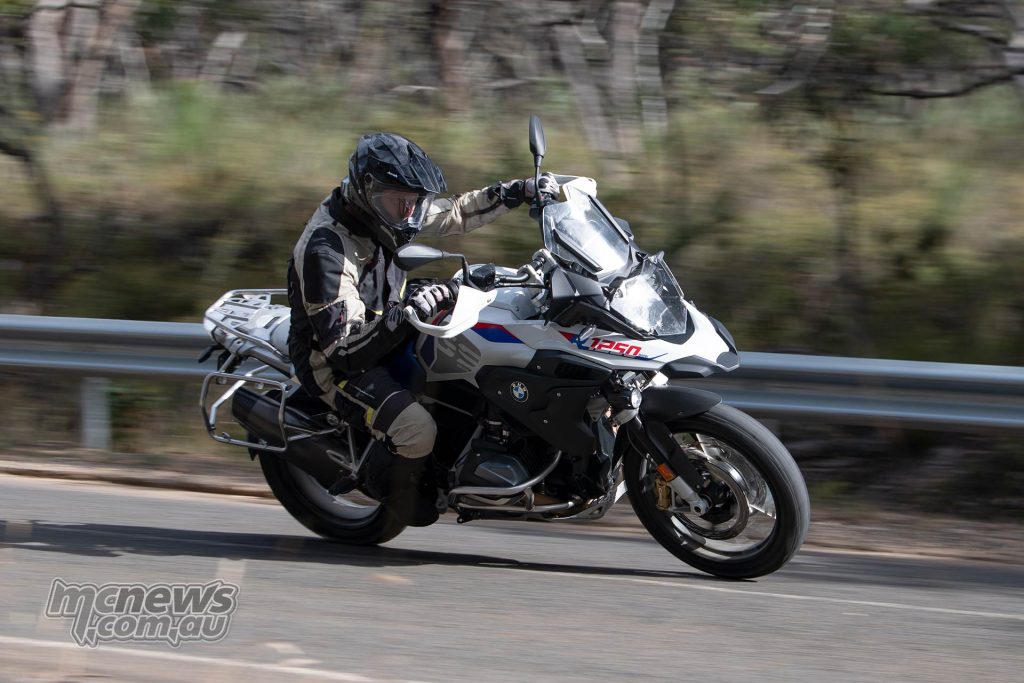
Maybe it’s the gyro effect of north-south crank and shaft coming into play but it felt to me like it actually needed more effort to lift up out of a corner than to drop into one. Quite remarkable.
It’s not all good news though – there’s no denying that those cylinder heads are enormously wide and bulky. They stick out nearly as far as your bars and while not a real issue on the open road, the minute you find yourself wanting to filter in between cars, or more to the brief, work your way through some tricky rocks, ruts or narrow squeezes… it becomes something you need to consider.
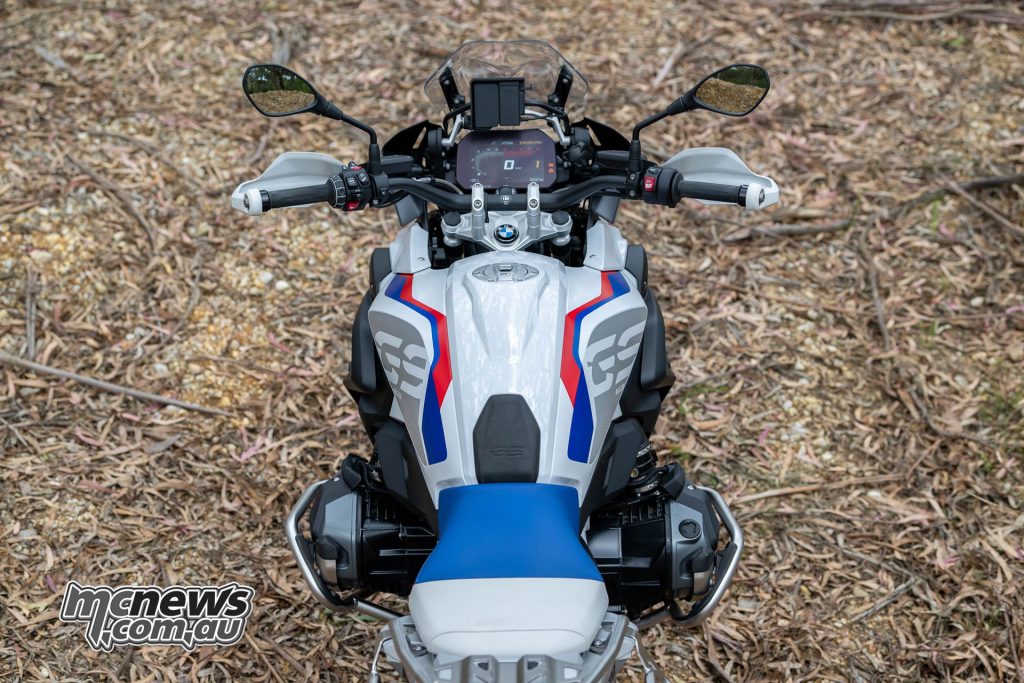
And then there’s the ‘boxer-shaft drive tilt’. While it might not be an issue for most folks, it definitely will be unsettling for some. What am I talking about?
Clutch in and blip the throttle and the bike will rock to the left due to the aforementioned gyro effect of the shaft drive and the north-south crank. I put myself in the camp of finding it unsettling. No doubt I’d get more used to it with more time, but every time I gave the throttle a blip, it felt awkward.
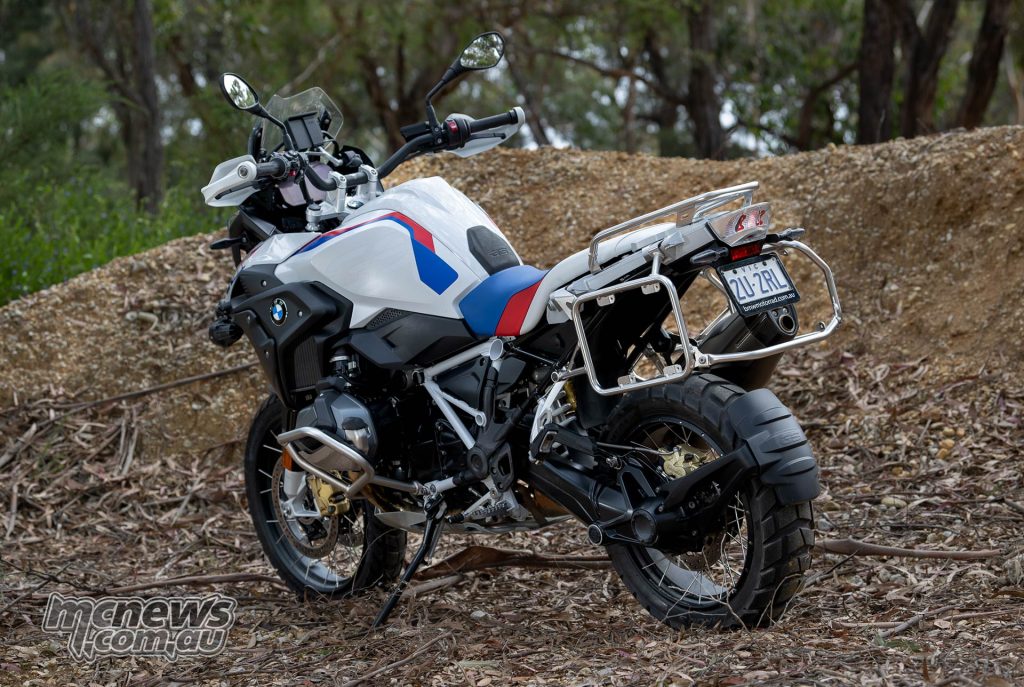
If you haven’t experienced it, it’s hard to explain but for me, but basically the bike was doing something that I wasn’t telling it to do. Now I know plenty of blokes who barely notice it, so take that with a grain of sodium chloride, but if you haven’t ridden one before – just be aware.
Of course, it’s most noticeable when you least want it to be… when filtering between cars, or snaking through a series of rocks for instance. The bike is already big, then it’s moving around on you with a bit of a mind of its own…
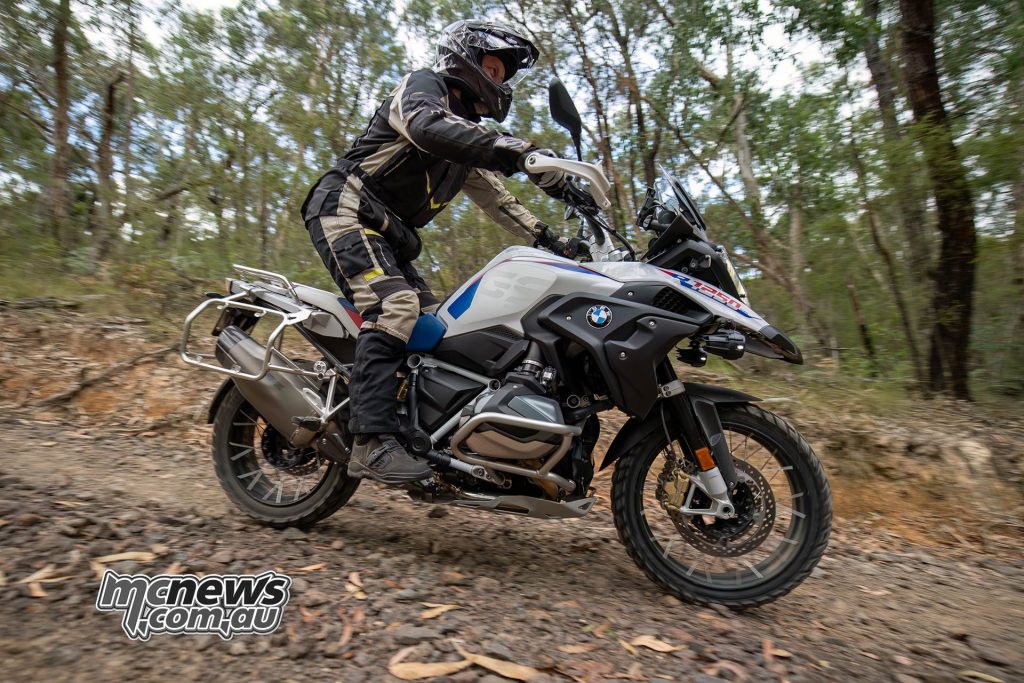
The gear-shift is quite nice. I’d describe it as ‘efficient’. It rarely does anything untoward, but I found it a little jerky at times on upshift and lacking in feel from the lever with a very short throw. Makes a nice little pop and crackle through that Akra though which brought a grin to my mug quite often.
Suspension wise it comes loaded with rather fancy electronic auto-leveling kit that on the whole is very, very good. But unlike the Triumph Tiger 1200 and the Multistrada at least, it’s not able to be fine tuned to the same degree to get exactly what you might like. You pretty much just get what the modes have as preset.
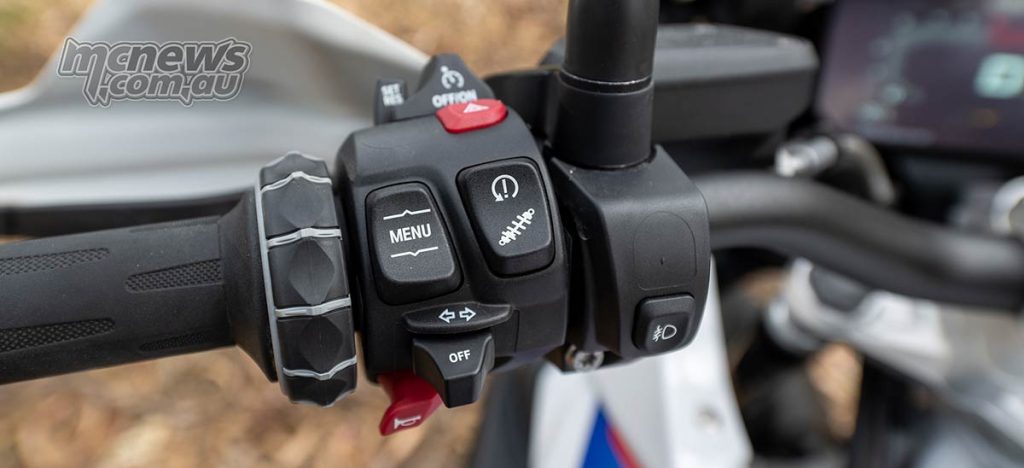
And while those modes are pretty good, even in Enduro Pro – the top two thirds of the stroke was quite supple and only really started firming up towards the lower end. I was often feeling like I was about to bottom out so had to keep the pace reigned in beyond what I think the bike is probably capable of…
On the road too, I found the Road setting far too soft for me personally, in traffic and filtering about, the bike felt wallowy on throttle application, but ‘Dynamic Pro’ (essentially the Sport mode) solved that issue completely and was a fine setting for all road use. So for me I’d only ever use those two modes.
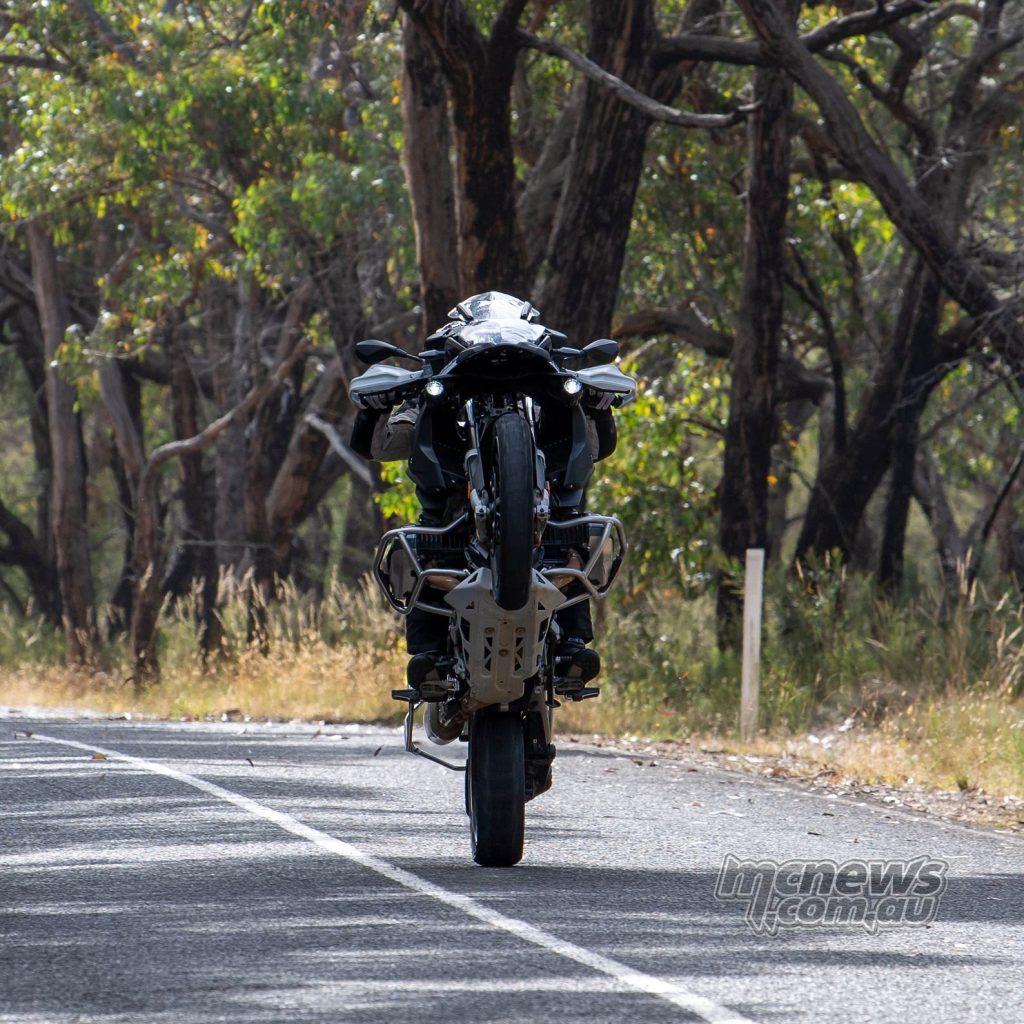
Now all that must be taken in context of the more spirited type of riding I was doing in terms of trying to find the bike’s limits. Truth be told, for 98 per cent of customers, the super torquey bottom end, great low speed manners and suspension se-tup is just fine for everything but charging along off-road in seriously bumpy stuff.
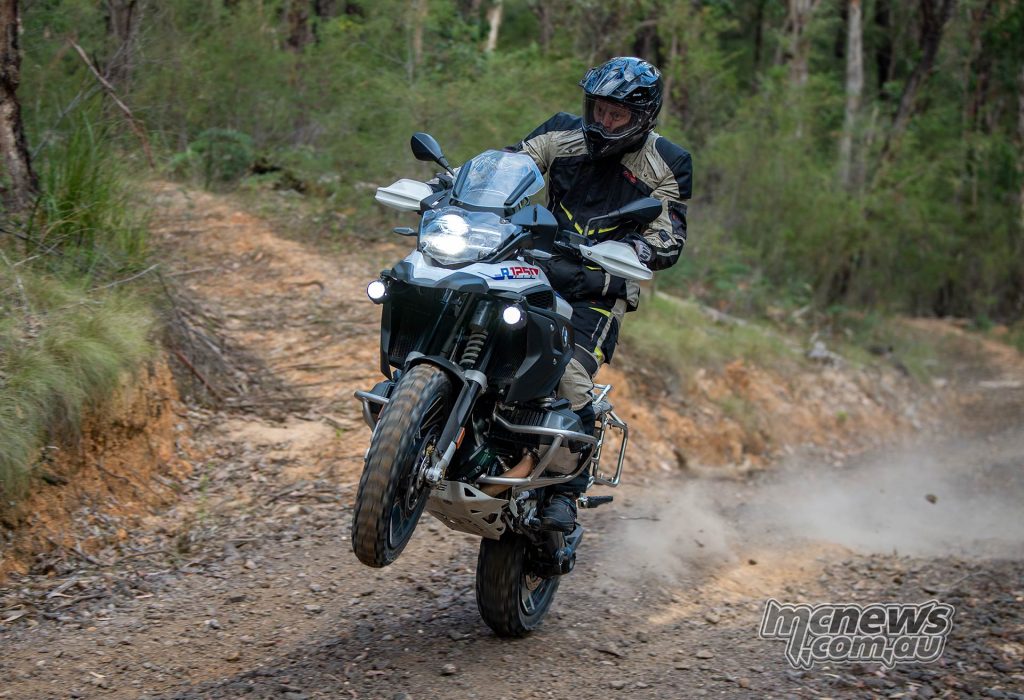
Off the tarmac this is a bike that rewards smooth riding, well chosen lines, finding the flow, keeping momentum – not so much flat-out aggression and speed. And it works best to run a gear taller than you might think and just lug away riding that monster torque wave.
Speaking of modes and electrickery, the dash design is typical, familiar BMW which is a good thing. I went looking for things to fault and the only thing I could find was why the heated grips indicate as setting 1 or 2 and don’t tell you which is hot and which is warm. It’s a colour screen so that’s an easy design solve. If that’s my biggest whinge… there isn’t a lot wrong with it.
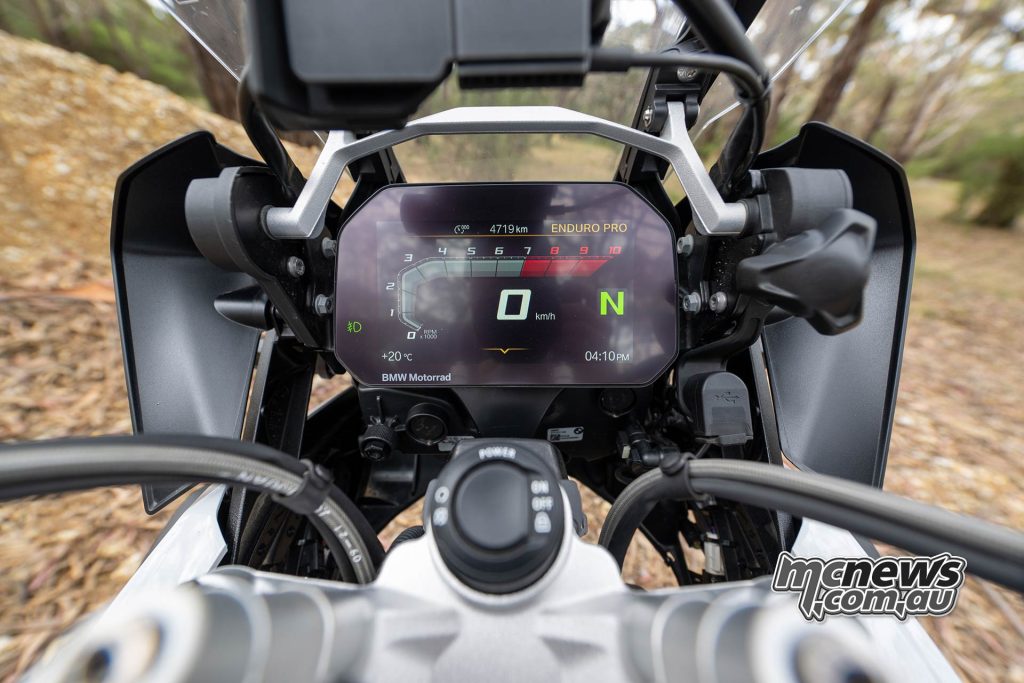
Incidentally I spent quite a bit of time riding with a new Forcite smart helmet I’m testing and it connected easy peasy and allowed me to control tunes and phone calls with no fuss and gave me GPS instructions straight to my earholes.
I’ve never ridden with tunes on the road previously and it’s certainly a new experience. On more than one occasion I found myself belting out a drum solo on the tank while stopped at the lights only to look across to a slightly bewildered morning commuter… I’ll have more thoughts on the Forcite lid soon.
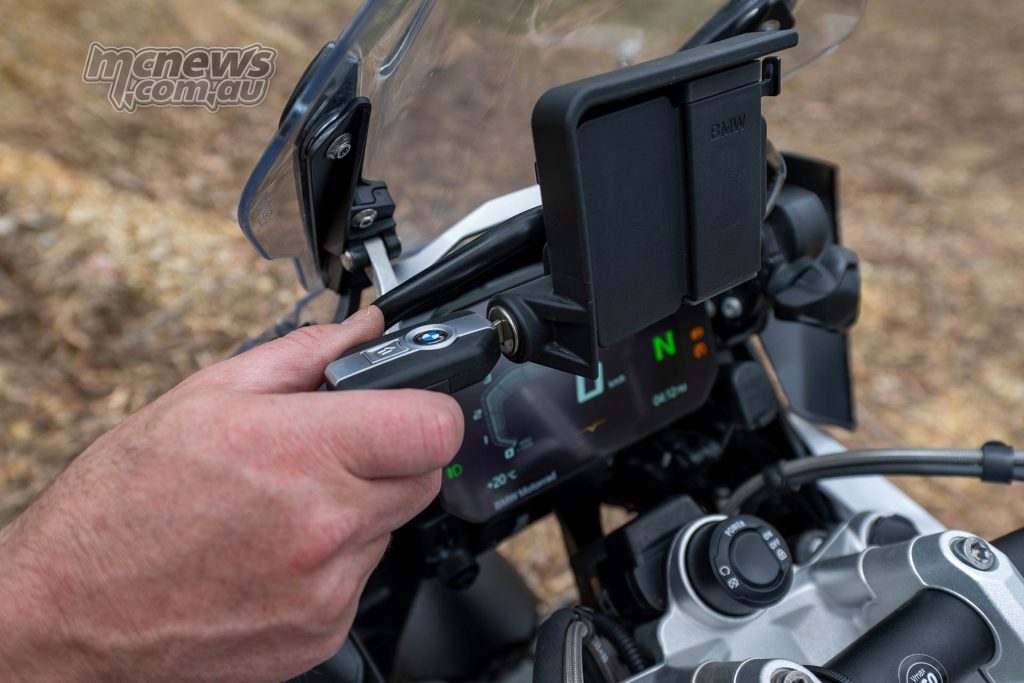
One of the other big strengths I can’t skip over is just how good that Telelever front end is. It has SO much grip. On the road it is astonishing. And the front Brembo is mind bogglingly good. Massively strong, heaps of feel and even on gravel the ABS does a fine job of washing off speed. Amazing.
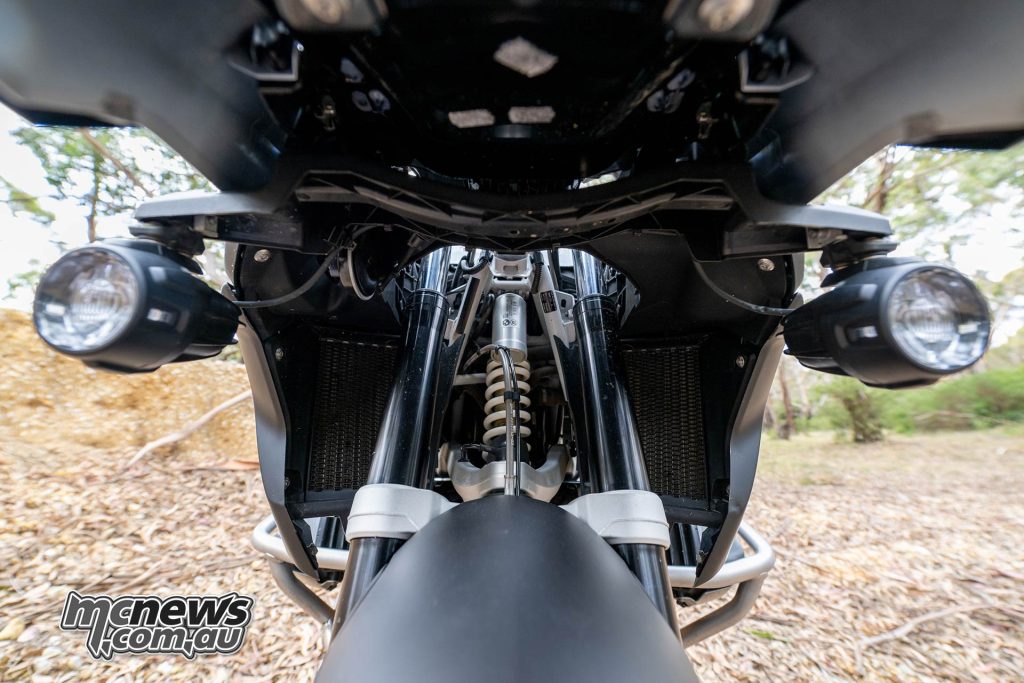
If the torque and bottom end is my favourite thing about the bike, it’s a very close second to that front end and front brake. That Telelever does a great job of masking the 19 inch front versus a full sized 21 inch off road too for what it’s worth.
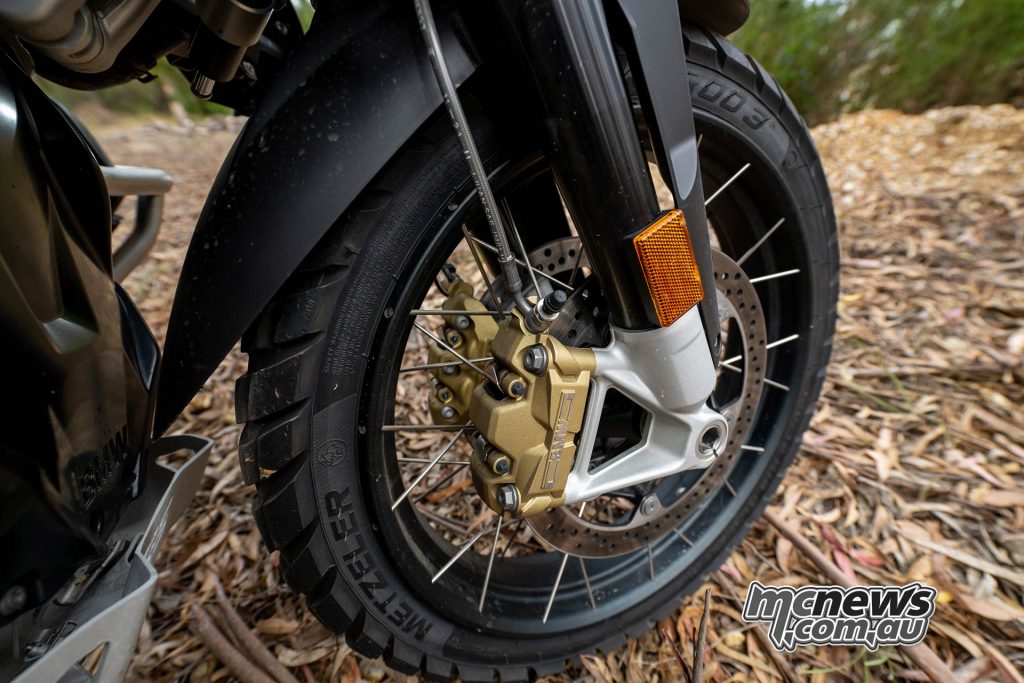
On the road, like most big premium adventure bikes these days it’s a delightful thing overall. Great ergos, comfort and more than enough performance. It’s a surprising thing to punt along. Early on I found myself peeking down mid corner to see just how far off the deck those boxer heads were but after a while you get a good feel for where they are.
They’re a lot further off the deck than you might think and you can punt these along at a fairly rapid pace if you want to… and no doubt the 19-inch front helps on road compared to any 21-inch shod competitors who are probably going to be more stable off-road in the real rough stuff but take a little more steering input on the road at higher speeds.
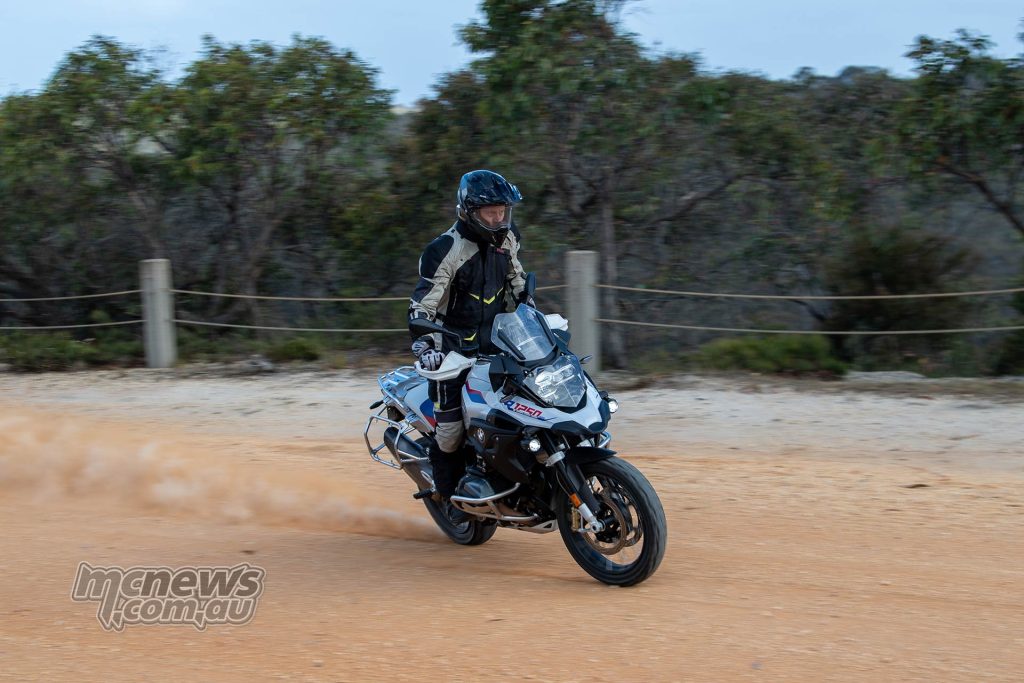
So coming full circle back to the original question. Is it still the benchmark? I would say it still is for a lot of people for sure. Depending on the type of riding you do and as long as the boxer packaging and boxer-shaft gyro ‘tilt’ doesn’t bother you.
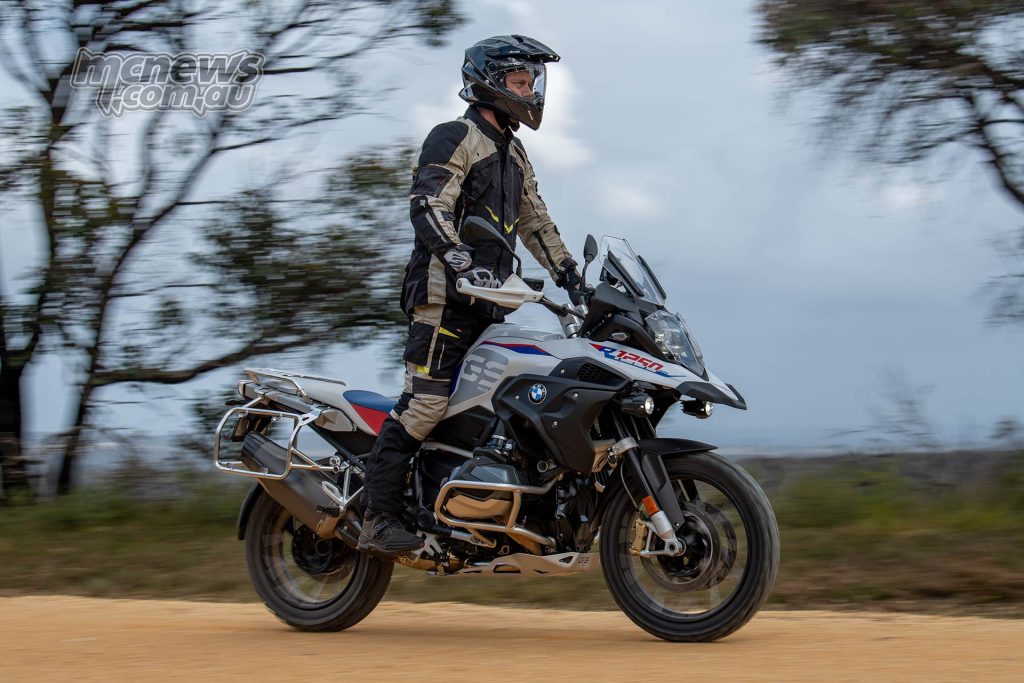
I don’t think it’s the fastest or most rewarding on the road, nor do I think it’s the most natural or capable to punt off-road, but for a big chunk of the market who want a blend of both, with an emphasis on low speed manners, outright rideability and bulletproof reliability – it’s a very worthy option that’s hard to argue against.
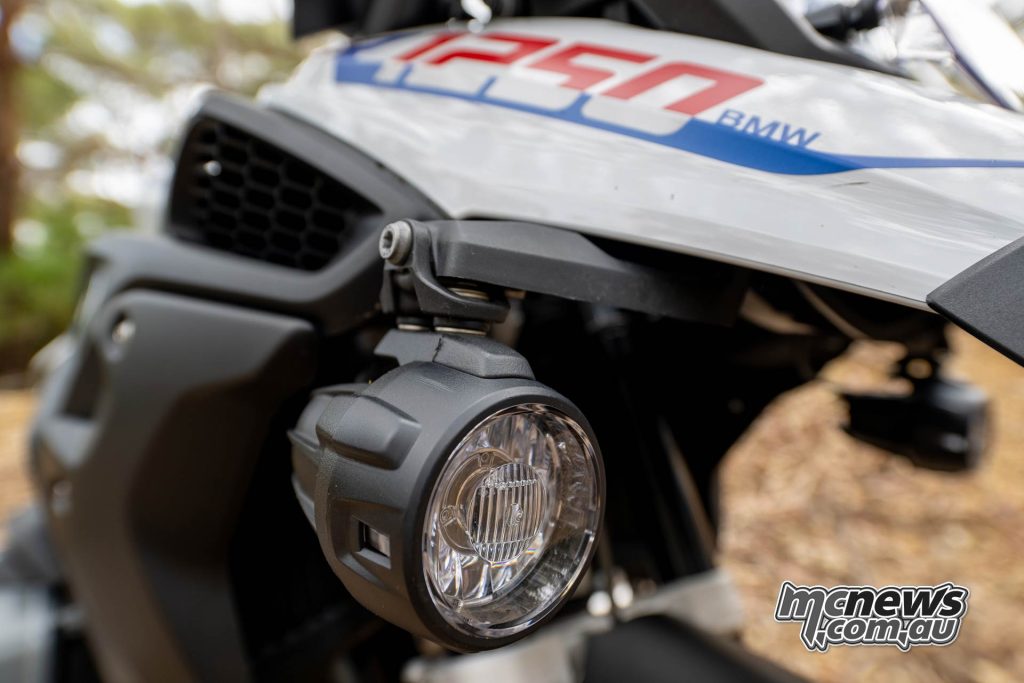
Forty odd years of refinement will get you that. And it comes with a million, gazillion options for you to dress up and customise to your heart’s content. I reckon the M Sport colour scheme looks mint.
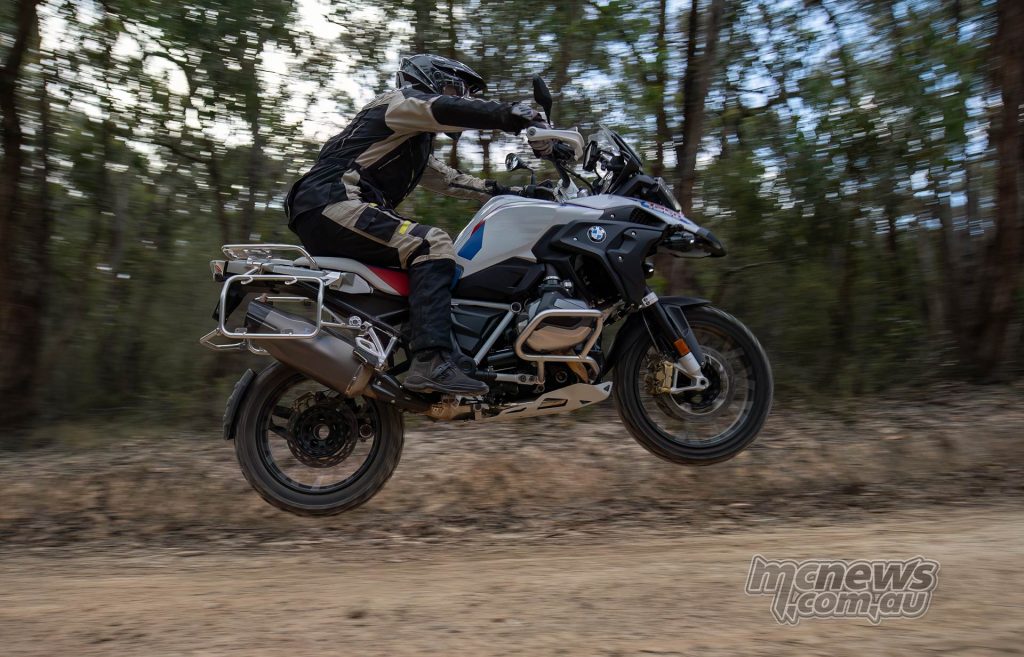
For a big, burly bike it definitely has a go-anywhere presence about it and yet cuts a fine figure from various angles. Rear three-quarters is particularly flattering. Easy to see why so many people tell you they’re ace. I just have to figure out a way to get a dollar for every time they do…
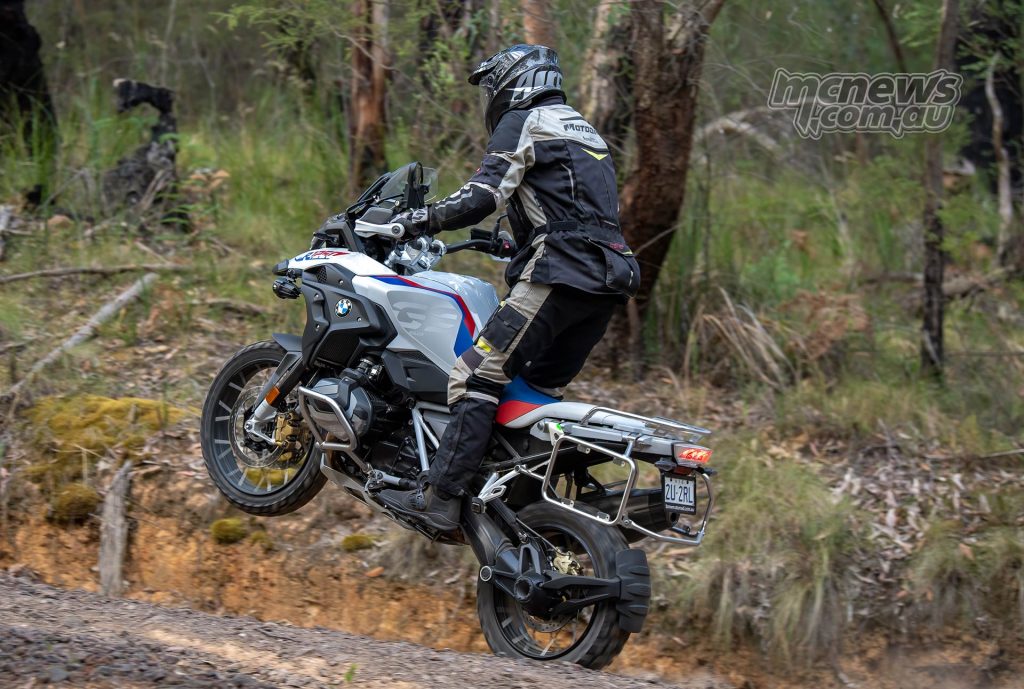
I like the R 1250 GS Rallye X because:
- The bottom end of that engine is supreme. Beautifully fuelled and tractor-like amounts of torque.
- That front end grip and the front brake are phenomenal.
- Super confidence inspiring at low speed, incredibly stable and well-balanced.
I’d like the R 1250 GS Rallye X more if:
- There’s no getting around those big boxer cylinder heads that stick out, they take some getting used to.
- As does the boxer-shaft drive tilt when you blip the throttle.
- I’d like the electronic suspension to allow me to fine tune beyond the mode presets.
- And I found the side stand a little tricky to find while wearing chunky boots.
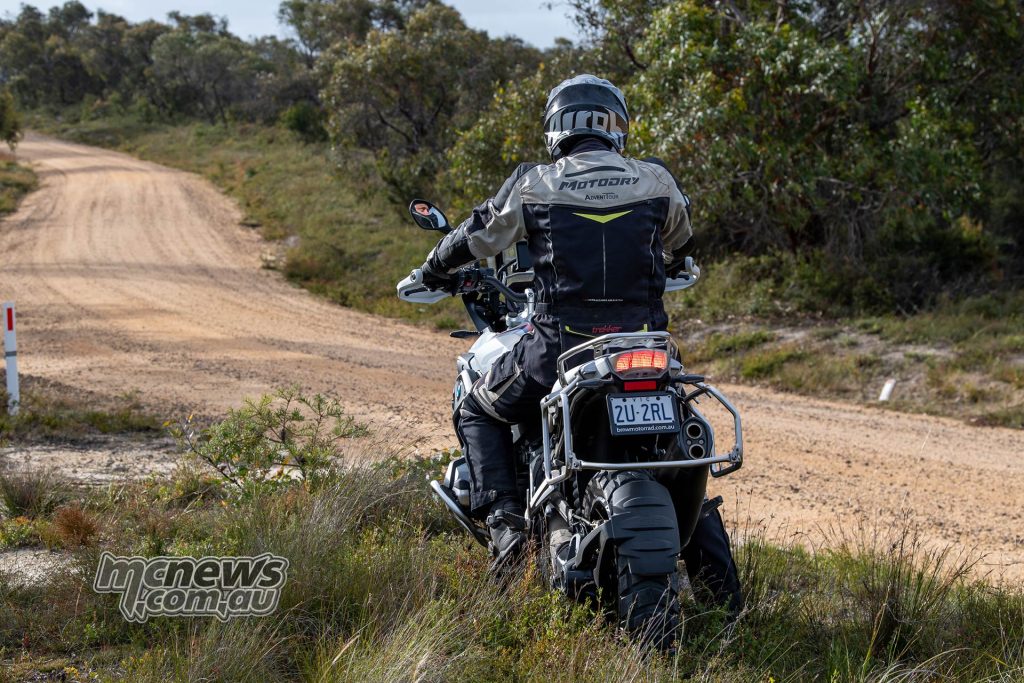
2023 BMW R 1250 GS Rallye X Specifications
| 2023 BMW R 1250 GS Rallye X Specifications | |
| Engine | Air/liquid-cooled four stroke flat twin engine, double overhead camshaft, one balance shaft and variable engine timing system BMW ShiftCam |
| Bore x stroke | 102.5 mm x 76 mm |
| Capacity | 1,254 cc |
| Rated output | 100 kW (136 HP) at 7,750 rpm |
| Max. torque | 143 Nm at 6,250 rpm |
| Compression ratio | 12.5 : 1 |
| Fuel preparation | Electronic intake manifold injection |
| Emission control | Regulated three-way catalytic converter, compliant with EU5 emission standard |
| Clutch | Wet clutch with an anti-hopping function, hydraulic activation |
| Gearbox | Constant mesh 6-speed gearbox with helical gear teeth |
| Drive | Shaft drive |
| Frame | Two-section frame, front- and bolted on rear frame, load-bearing engine |
| Front suspension | BMW Motorrad Telelever; stanchion diameter 37 mm, central spring strut |
| Rear suspension | Cast aluminium single-sided swing arm with BMW Motorrad Paralever; WAD strut (travel-related damping), spring pre-load hydraulically adjustable (continuously variable) at handwheel, rebound damping adjustable at handwheel |
| Suspension travel | 190 mm Front/ 200 mm Rear |
| Wheelbase | 1,514 mm |
| Castor | 100.6 mm |
| Steering head angle | 64.3° |
| Wheels | Cast aluminium wheels |
| Rim, front | 3.00 x 19“ |
| Rim, rear | 4.50 x 17“ |
| Tyre, front | 120/70 R 19 |
| Tyre, rear | 170/60 R 17 |
| Brake, front | Dual disc brake, floating brake discs, diameter 305 mm, 4-piston radial calipers |
| Brake, rear | Single disc brake, diameter 276 mm, double-piston floating caliper |
| ABS | BMW Motorrad Integral ABS Pro (part-integral, slant-layer-optimized) |
| Seat height | 850mm – 870mm |
| Usable tank volume | 20 L |
| Reserve | approx. 4 L |
| Length (over mud guard) | 2,207 mm |
| Height (over windshield) | 1,430 mm |
| Wide | 952.5 mm |
| Unladen weight, road ready, fully fuelled | 249 kg |
| Permitted total weight | 465 kg |
| Ralley X Standard Additions |
|
| Rallye X Pricing | $32,020 +ORC |
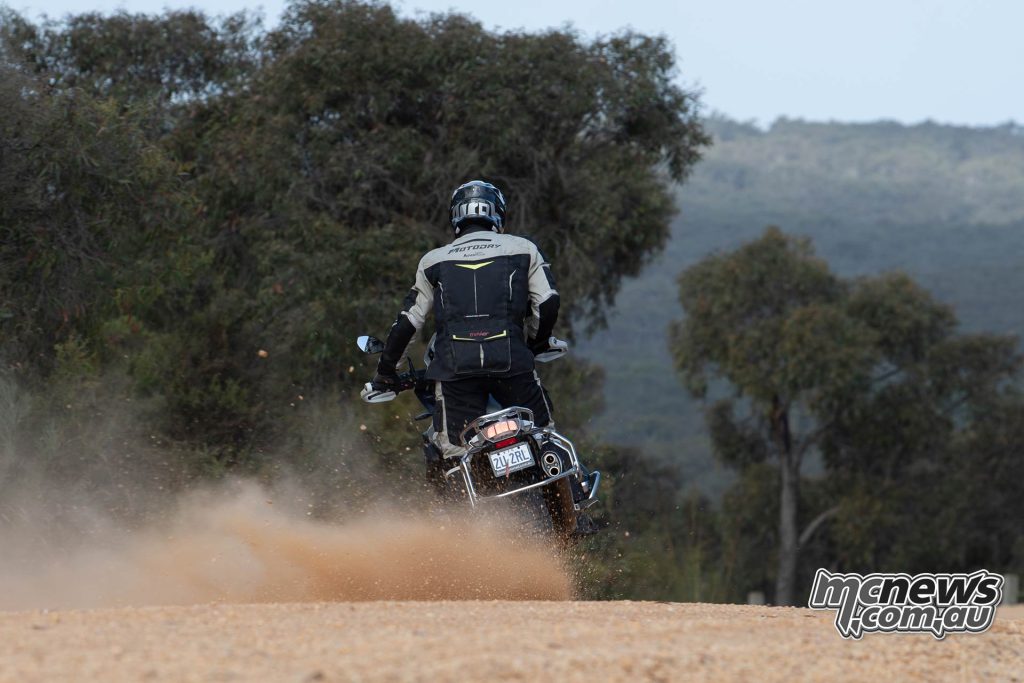
Images RbMotoLens
